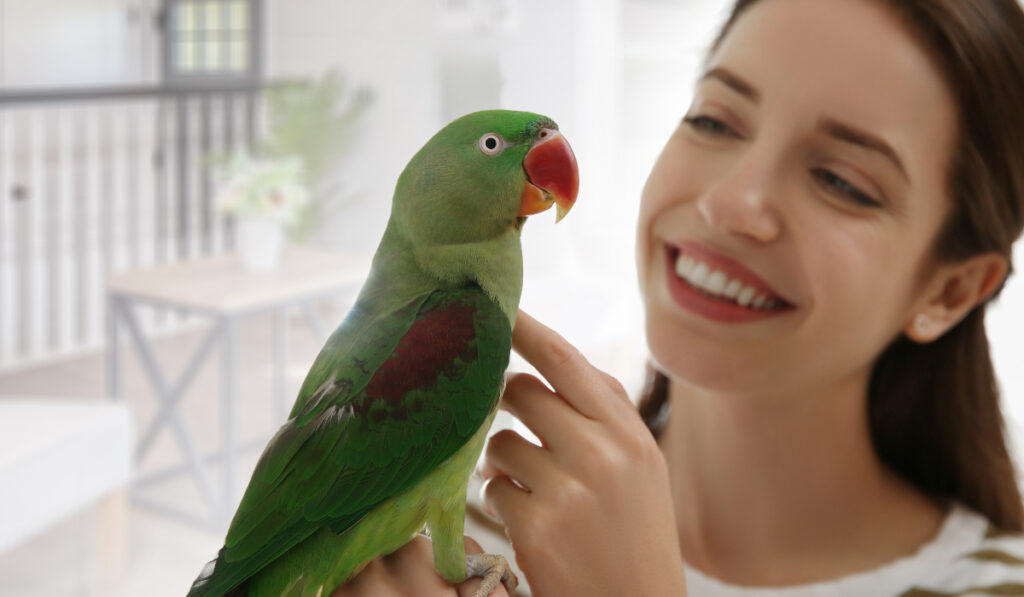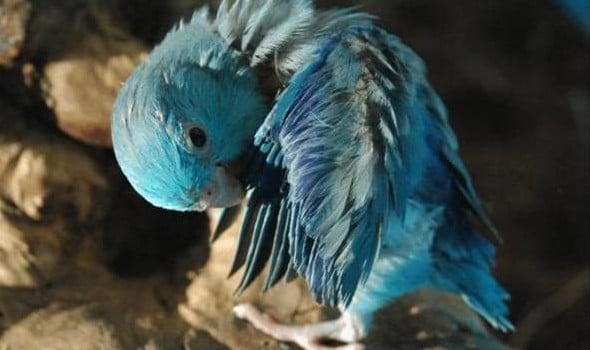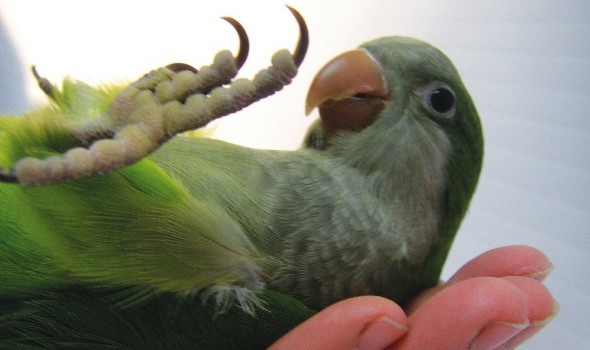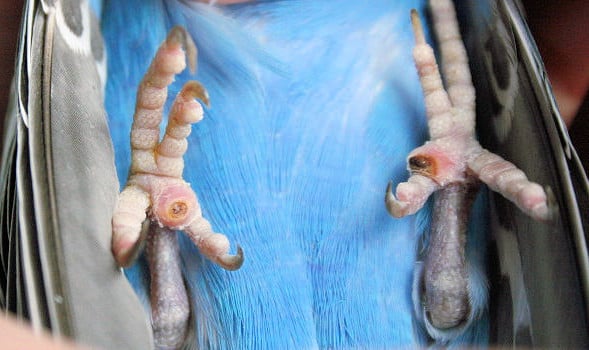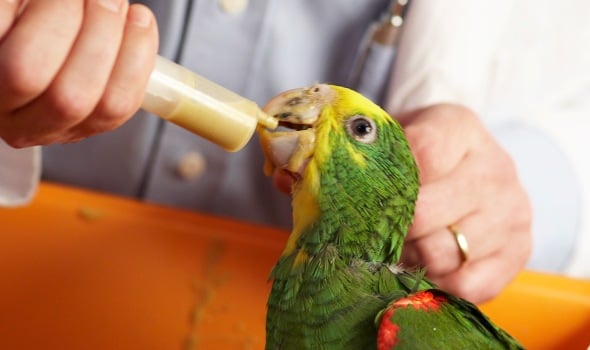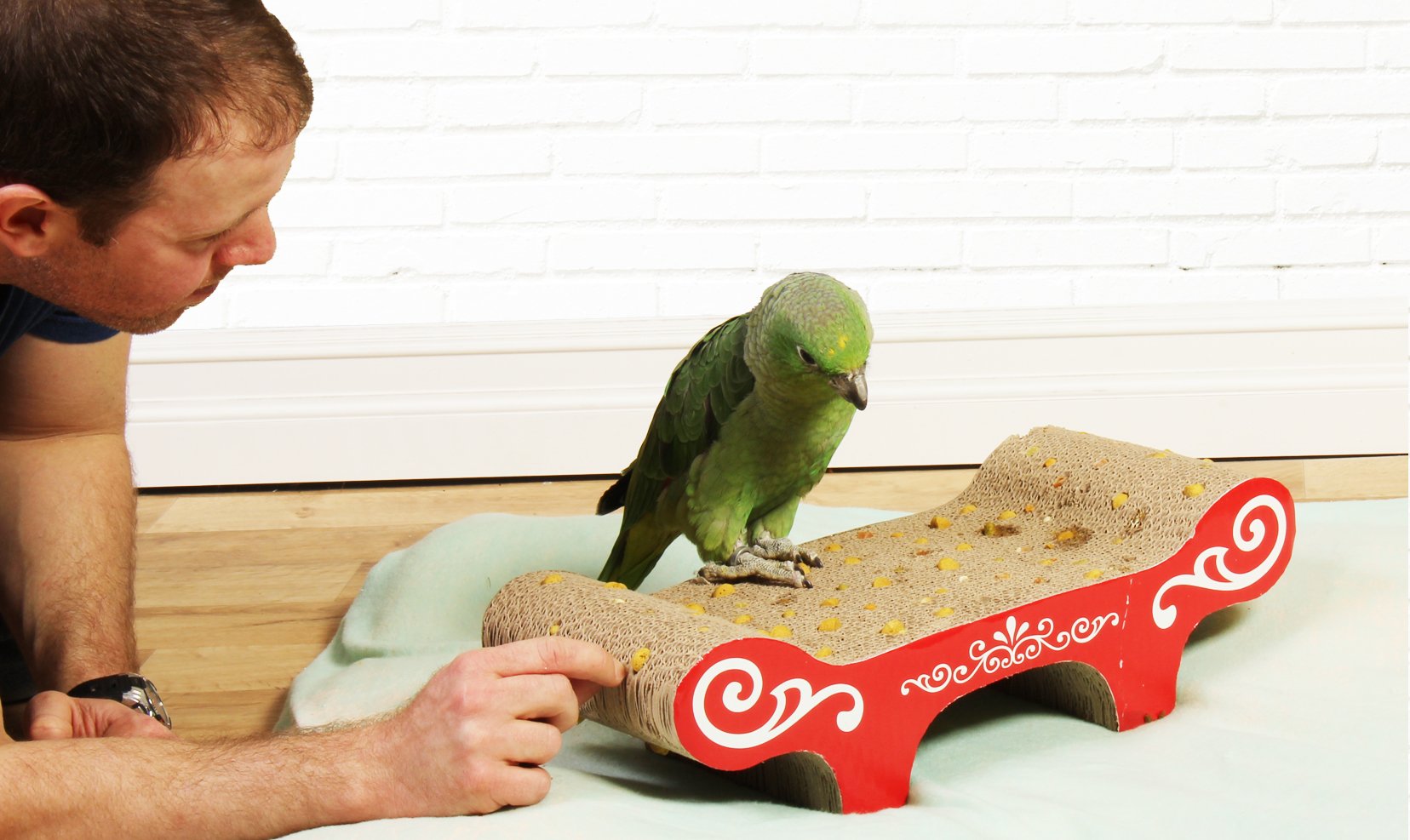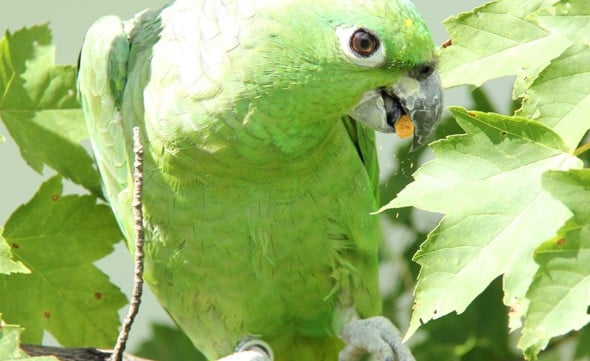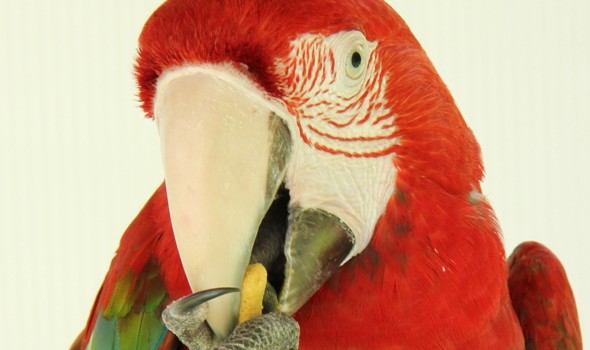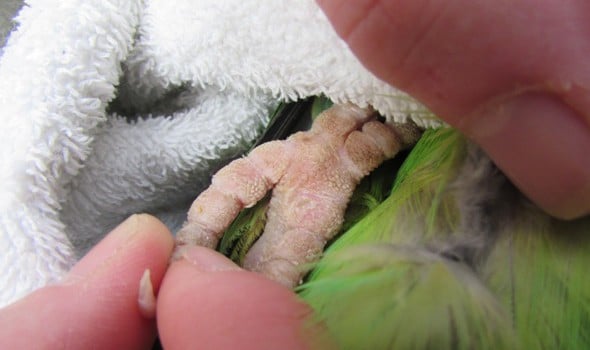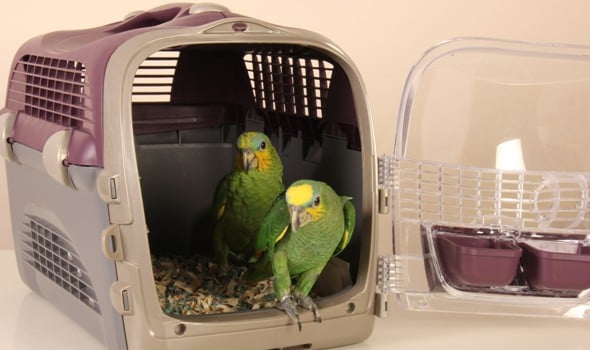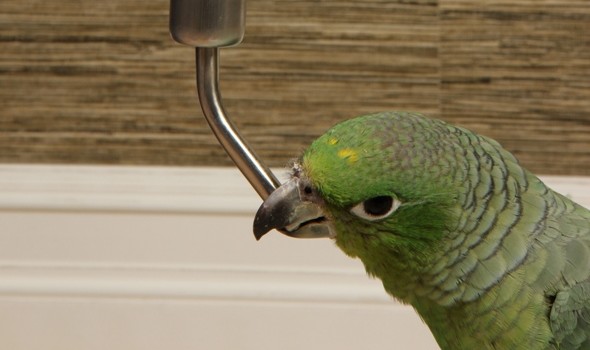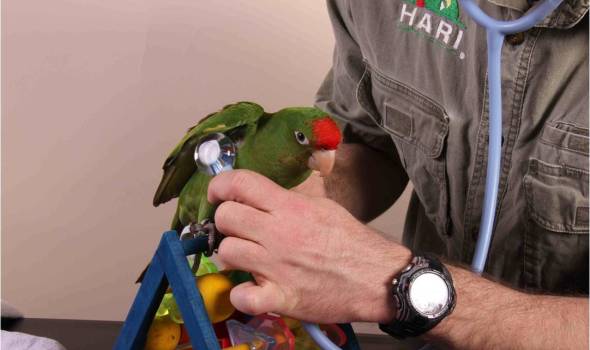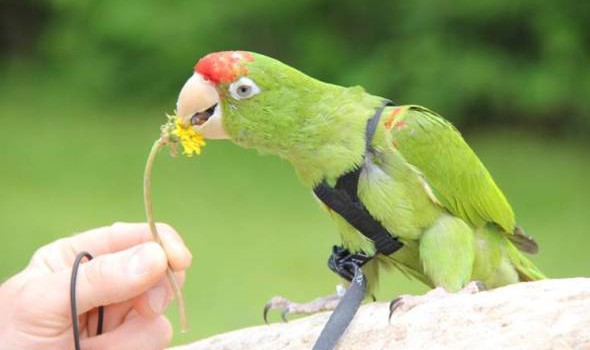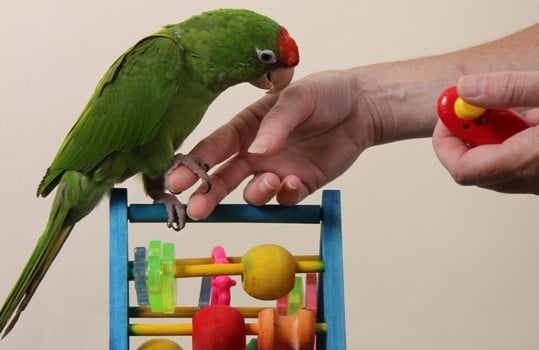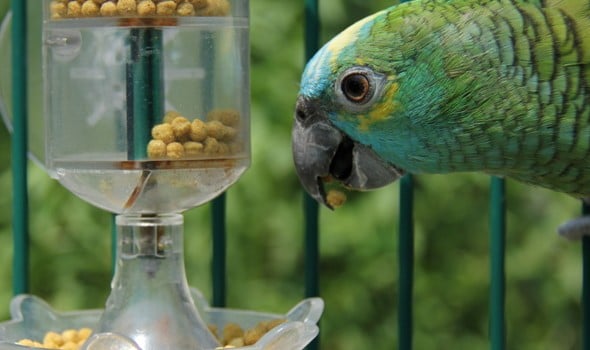Your cart is currently empty!
HARI Official Brand Site
Popular Articles
Feeding & Nutrition
To ensure a long and healthy life for companion birds, it is important to feed them a nutritionally sound diet. This includes a variety of fruits, vegetables, grains, seeds, and healthy protein and fat sources such as extruded pellets. Avoid feeding them foods that are high in fat, salt, or sugar, and provide clean water and occasional treats.
Housing & Environment
Parrots need a clean, spacious and stimulating living environment with ample perches and toys. Their housing should be roomy enough to allow them to move about freely and stretch their wings. It's important to keep the area clean and free of toxic substances or fumes. Parrots also require access to natural sunlight or full-spectrum lighting, fresh air, and a consistent temperature to thrive.
Health Monitoring
Monitoring your bird's physical and mental health, diet, and environment on a regular basis is essential for their daily care. Be on the lookout for any changes in their weight, behavior, and activity level. It's also critical to schedule regular check-ups with an avian veterinarian to ensure your parrot is healthy.
Behavior, Play & Training
Training parrots requires patience and positive reinforcement. Play, including chewing on toys, foraging for food, and flying, is crucial to their daily routine. Basic command training and socialization with humans and other birds are also important for their development.
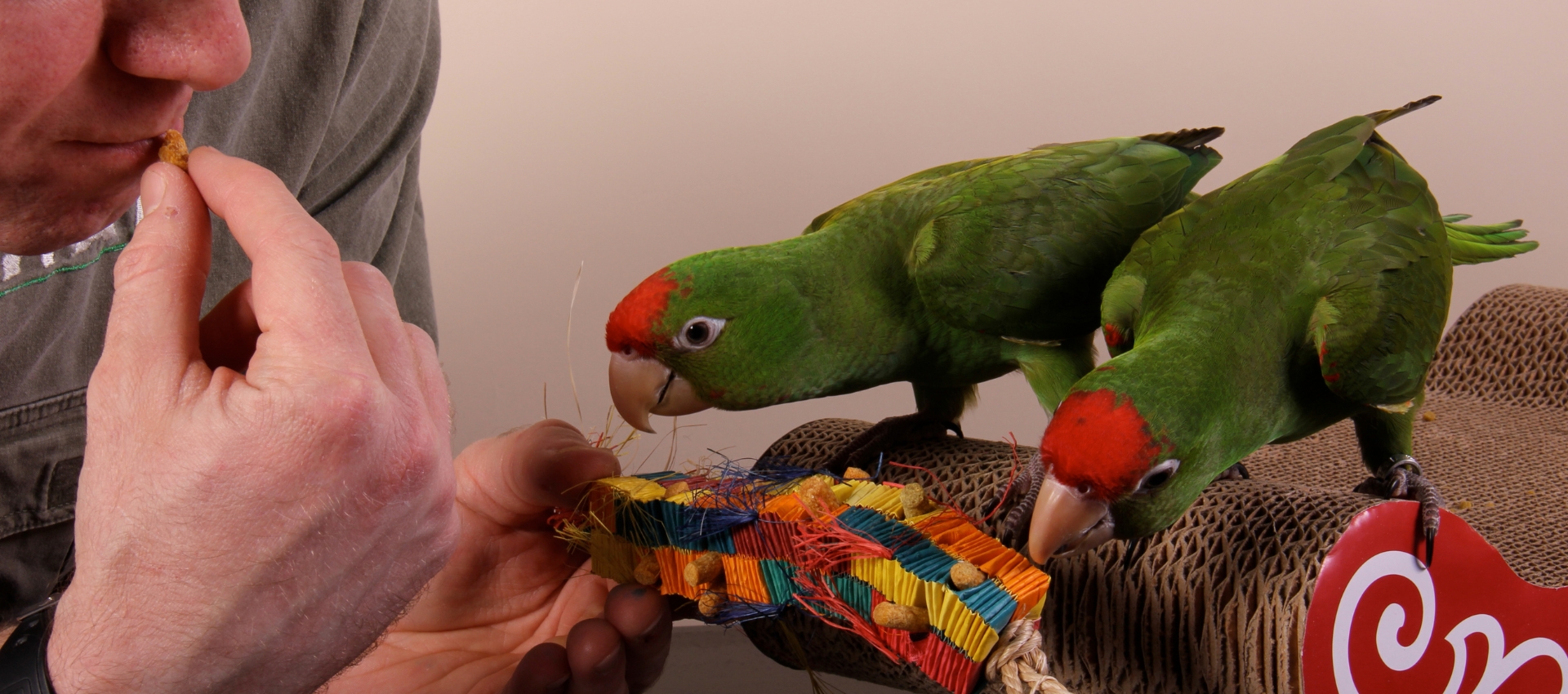
Early Parrot Education
Once Early Parrot Education (EPE) is completed at the breeding facility, it doesn’t mean the parrots education ends there… We strongly encourage all EPE educated fledglings continue their program at home with their new caretakers.

